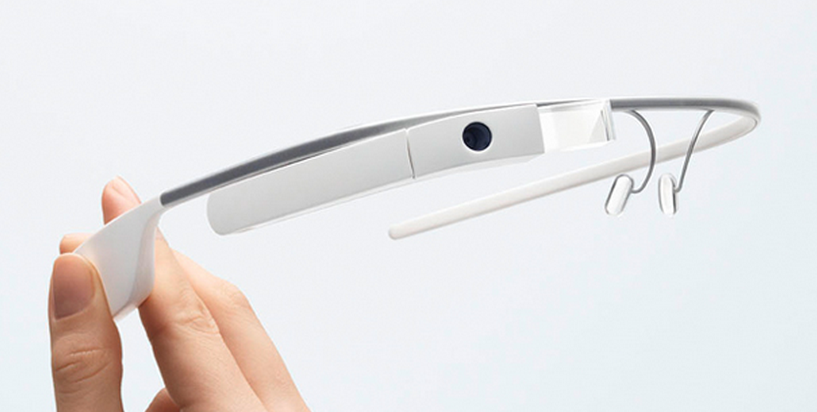Driver Ticketed For Wearing Google Glass Goes On Trial Today
 UPDATE: The San Diego traffic court commissioner in this case has thrown out the citation against the driver, saying the police officer had no proof that the driver’s Google Glass device was turned on while she was driving.
UPDATE: The San Diego traffic court commissioner in this case has thrown out the citation against the driver, saying the police officer had no proof that the driver’s Google Glass device was turned on while she was driving.
—Original Post—
The California woman ticketed back in October for driving while sporting Google Glass is set to have her moment in court today, in the first legal test of whether wearing a wearable computer amounts to distracted driving.
For those coming late to the story, the driver was pulled over last October for allegedly speeding (a fact that many stories have overlooked) and for “Driving with Monitor visible to Driver (Google Glass),” which the police maintain violates a California law prohibiting drivers from operating a vehicle if he or she can be distracted by a visible TV or other video monitor used primarily for entertainment or business applications. That law does allow for informational screens like GPS and rearview cameras.
In December, she entered a not guilty plea, claiming that while she was indeed wearing the geeky headgear, the Google Glass was not turned on.
“There is nothing illegal about simply wearing the Google Glass while it is not turned on,” said her lawyer at the time.
Now Reuters reports that she is scheduled to appear and argue her case today in a San Diego traffic court. While the decision will likely not set any concrete, binding precedent, it is believed to be the first time that a court will rule on the legality of wearing such devices while behind the wheel.
Of course, that issue is just going to get more complicated if and when Google integrates Glass into frames containing prescription lenses. Think about it — a driver may simultaneously need to wear the device in order to see the highway with his prescription lenses while also putting himself at risk for being ticketed because of the Google Glass screen.
Want more consumer news? Visit our parent organization, Consumer Reports, for the latest on scams, recalls, and other consumer issues.

